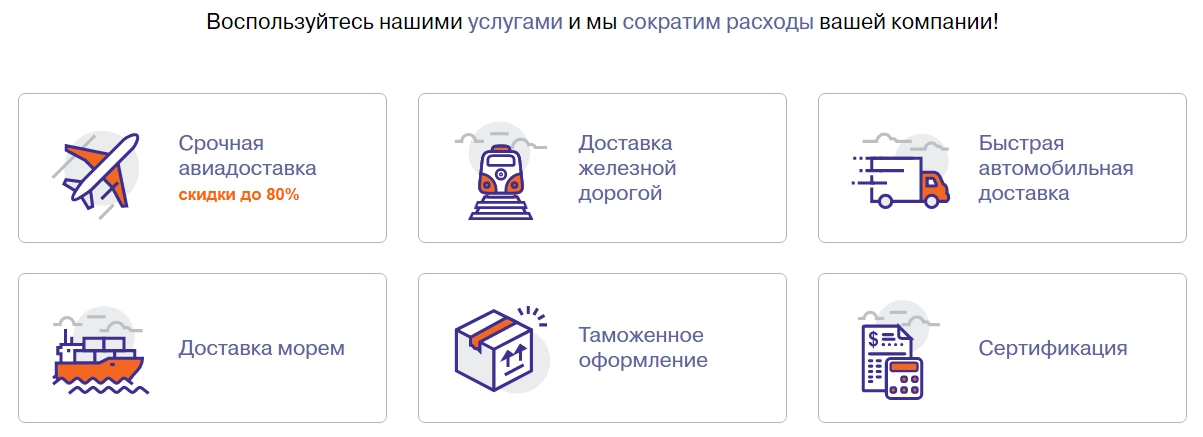How Self-operating Technologies are Transforming Cargo Transport
How Self-operating Technologies are Transforming Cargo Transport
Blog Article
The supply chain sector, particularly freight movement, is witnessing a groundbreaking evolution, fueled by the unwavering progress of self-operating systems. As companies compete for optimization and swiftness in delivery approaches, robotization remains at the helm of this revolution, redefining how merchandise are shipped across the world. From self-driving vehicles to smart monitoring mechanisms, the dynamism of this sector is palpable, offering major upgrades in velocity, dependability, and affordability.
Revolutionizing Productivity with AI-powered Systems
At the heart of this technological wave sits the incorporation of automation in cargo logistics operations. Conventional methods often faltered under the pressure of errors and manual error. However, cutting-edge AI-driven systems deliver intelligent strategies that streamline processes.
One noteworthy advancement is in the domain of aerial delivery, where autonomous technology assists in managing multi-layered supply chain tasks that involve route mapping and aviation navigation control. This not only speeds up the workflow but also bolsters security by eliminating potential manual misjudgments.
Enhanced surveillance capabilities are another advantage. Today’s tech allows for live observation of shipments, which provides companies and clients aware about the whereabouts of their items 24/7. This visibility is essential in establishing trust and consistency in cargo shipping services.
Reducing Overheads and Optimizing Regulatory Processes
Machine-driven solutions advances into the intricate procedures of customs processing, typically a bottleneck for freight movement due to its complex regulations and likely delays.
Modern AI-integrated frameworks enhanced with Big Data capabilities can rapidly evaluate large volumes of documentation and guarantee adherence with government policies faster than ever before. This reduction in processing duration lowers on administrative expenditures dramatically, showcasing a tangible cost-benefit that companies can capitalize on.
Optimizing Logistics with Big Data
Additionally, the implementation of predictive modeling reinvents the method toward logistics and customs. By examining past records and real-time patterns, machine-driven frameworks anticipate bottlenecks and enhance workflows to be more consistent and seamless.
Businesses observing real-time data can make informed decisions that automatically mitigate challenges related to import-export processing lags.
The Environmental Perspective
Automated solutions also enhance greatly to green responsibility in freight logistics. More precise and efficient route calculation lowers unnecessary fuel expenditure and cuts down harmful emissions.
Self-driving transport vehicles are increasingly aligned with renewable energy sources and hybrid energy, synchronizing freight transport strategies with global eco-conscious initiatives.
Improving Customer Satisfaction
The self-operating system improves not just logistical efficiency but also consumer experience. The ability to observe deliveries in real time, experience minimized setbacks, and enjoy minimized expenses transforms end-user interaction positively.
Rapid, clear, and efficient logistics systems are more expected to build loyalty and continuous transactions, proving that cutting-edge technology is vital in modern-day logistics shipping frameworks.
Furthermore, as machines execute routine operations more effectively, organizations can redirect employee capital to areas demanding critical thinking and decision-making, thereby enhancing service standards holistically.
Looking Toward the Future: The AI-Driven Landscape
The transformative influence of automation in freight transport ensures an dynamic future for supply chain. As businesses proceed to utilize these technologies, they boost their competitive edge by providing more efficient, more secure, and more affordable shipping methods.
Eco-conscious innovations further expand the appeal of automated systems, aligning industry operations with sustainable strategies.
A New Phase in Freight Delivery
In essence, the adoption of machine-powered solutions in shipment delivery introduces a myriad of prospects focused on making shipping not only more efficient but also more secure and less financially burdensome.
The tactical leveraging of advanced analytics in simplifying border clearance formalities further highlights the effectiveness of automated frameworks in reshaping conventional cargo transport environments.
Automation: The Next Era of Logistics Transport
Freight transport is moving boldly into a modern phase dictated by AI-driven technology—a testament to mankind’s unwavering quest of advancement.
With ongoing breakthroughs, the potential to reshape global commerce patterns remains, signaling an optimistic pathway towards an unified and streamlined landscape in freight shipping.
To learn more about avia dostavka have a look at our web site: click for more info.